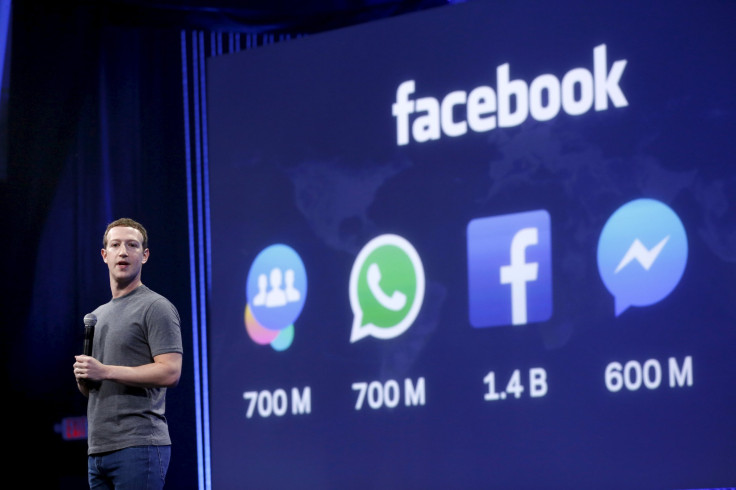Can Facebook Make You Depressed? Social Network Linked To Depressive Symptoms, New Research Shows

Scrolling through Facebook and looking at the accomplishments of your online friends can make you feel depressed, new research says, as photos, videos and other posts appear to highlight the amazing things everyone else seems to be doing with their lives, even though this stream of news is often highly filtered.
"Most of our Facebook friends tend to post about the good things that occur in their lives, while leaving out the bad. If we're comparing ourselves to our friends' 'highlight reels,' this may lead us to think their lives are better than they actually are and conversely, make us feel worse about our own lives," Mai-Ly Steers, a researcher at the University of Houston who conducted two studies examining how using Facebook to compare oneself to others affects psychological health, announced Monday in a press release.
One of the studies linked the amount of time spent perusing Facebook with feeling depressed, for both genders, although the study's results suggested that only for men was the link between using Facebook and depressive symptoms actually due to the act of comparing oneself to others. The second study, which did not differentiate between genders, found that it was indeed those social comparisons that connected depressive symptoms with the amount of time spent on Facebook.
"It doesn't mean Facebook causes depression, but that depressed feelings and lots of time on Facebook and comparing oneself to others tend to go hand in hand," Steers added. "One danger is that Facebook often gives us information about our friends that we are not normally privy to, which gives us even more opportunities to socially compare."
Although social comparisons in person-to-person contexts have been studied for decades, the practice of seeing how you measure up to others -- and its effects -- are relatively new in a social media and online networking context. Steers also suggested that people who are already struggling emotionally may be more likely to feel depressed after using Facebook, heightening their sense of isolation.
The studies were presented in an article published in the Journal of Social and Clinical Psychology.
© Copyright IBTimes 2024. All rights reserved.






















